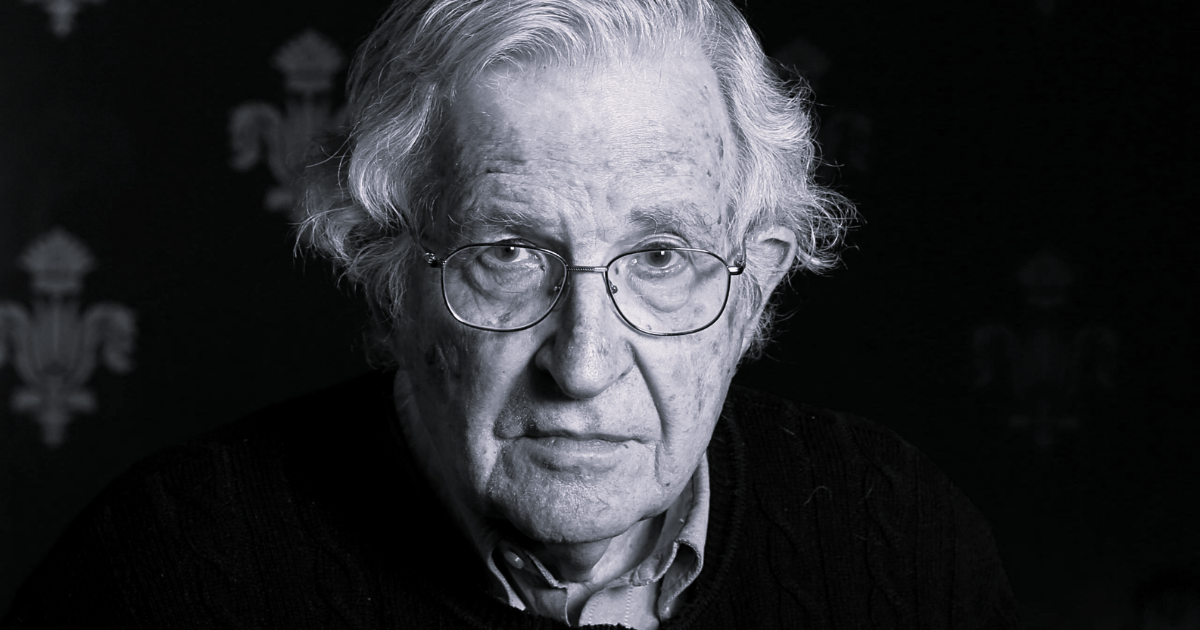
Maybe there are things even Chomsky should not talk about (AI).
Chomsky’s contributions to the fields of political theory and language cannot be questioned. His innovative research on the basic linguistic patterns and his criticisms of US foreign policy have had a profound effect on academia and other fields.
But as Chomsky has gotten older, he has become less able to keep up with new discoveries in these fields. And this is only natural. This doesn’t mean that his opinions are no longer important. Instead, they should be weighed against the opinions of other professionals who are better able to understand the real world.
In a recent article in NY times, Chomsky and two other linguists criticise ChatGPT, a conversational AI system that can generate realistic text responses. They claim that ChatGPT is not true intelligence and that it has sacrificed creativity for a kind of amorality. They argue that ChatGPT does not understand the meaning or context of what it says and that it can produce misleading or harmful responses. They also question the usefulness and ethics of ChatGPT and suggest that human intelligence is more than just generating text.
It’s clear to me that people like Chomsky fail to understand the current status of AI but most importantly its impossible for them to imagine the full potential and future of the field.
Chomsky has been critical of the field of artificial intelligence, saying that it is overrated and hasn’t yet made anything smart. His criticisms could have been legitimate in the past, but they no longer accurately reflect the status of AI research now. AI has made big strides in many areas, such as robotics, computer vision, and natural language processing. As a result, rather than merely depending on the viewpoints of people who have not kept up with recent advancements, it is imperative that we listen to the insights of individuals who are at the forefront of this sector.
Also, Chomsky’s political ideas were important in the past, but they may not be as important now. Since Chomsky started to write about US foreign policy, a lot has changed in the political world. We now have to deal with new problems, such as climate change, cyberwarfare, and the rise of authoritarianism, which require new ways of thinking and answers. Chomsky made significant contributions to political theory in the past, but we should also look for advice from other specialists who are better suited to comprehend these brand-new difficulties.
Chomsky’s earlier criticisms of AI also suggest that he has a more limited view, which might not fit with the spirit of cooperation and innovation in the field.
To talk about the future of AI in a meaningful way, it is important to get the opinions of professionals, researchers, political figures, thinkers and thought leaders who have the technical knowledge, cross-disciplinary knowledge, open-mindedness, and real-world experience to understand the effects of this rapidly growing field.
By doing this, we can make sure that we are taking the best possible steps toward the opportunities and problems of the future.
